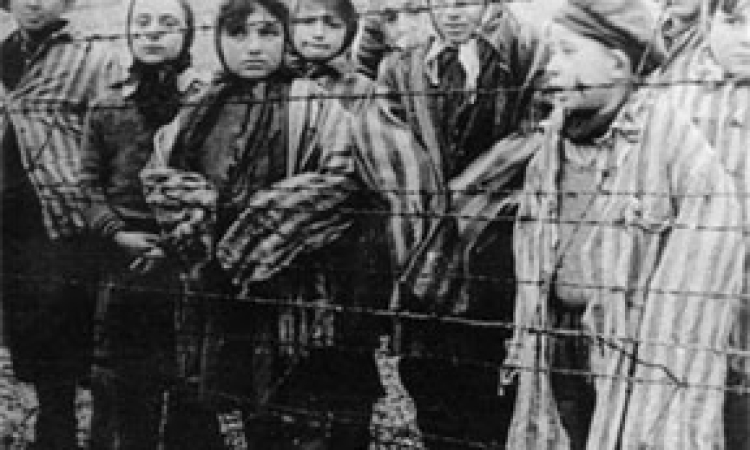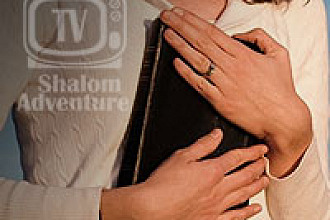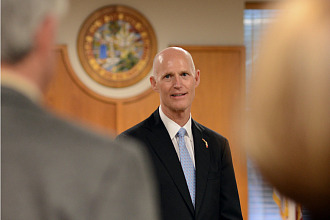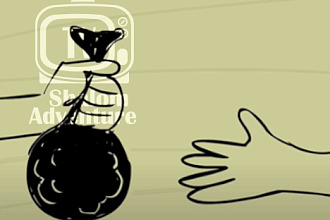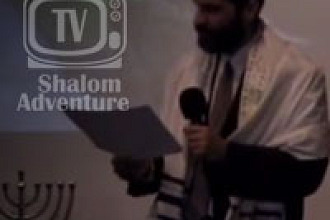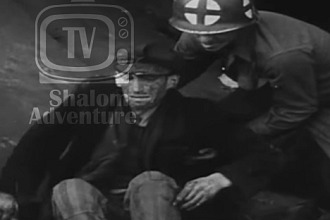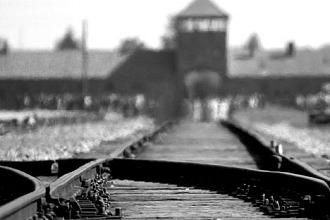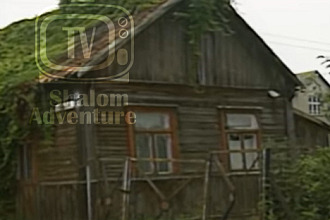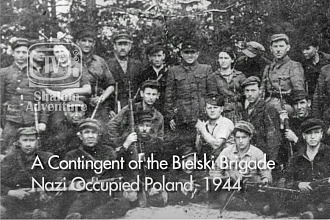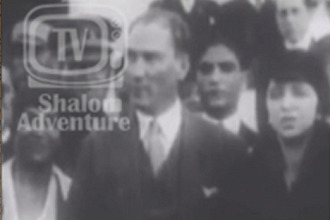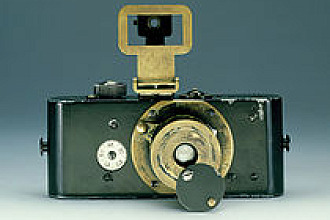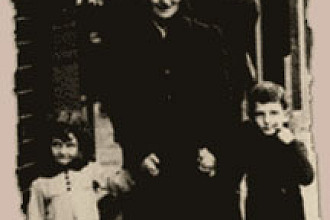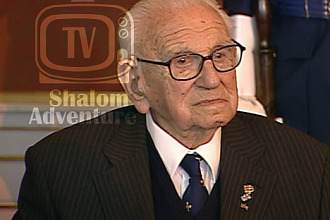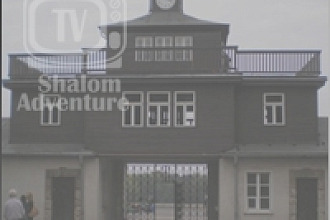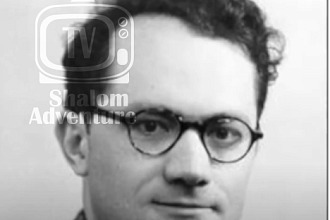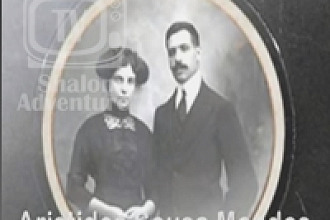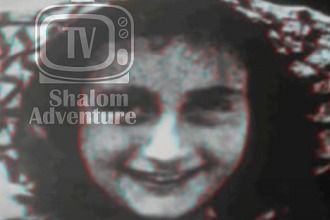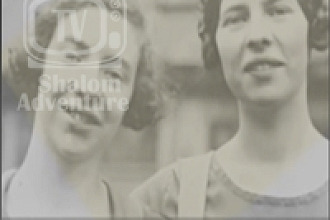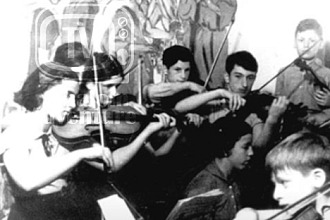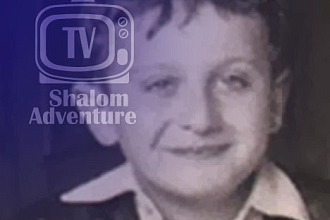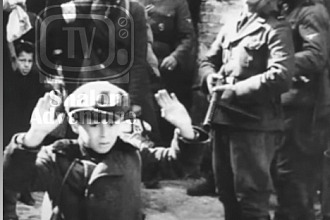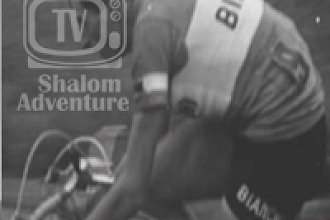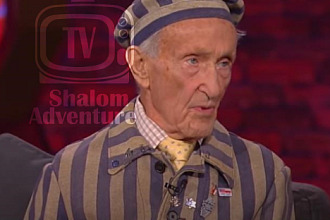JERUSALEM — The students were spared nothing. There were sessions on Nazi disputes over how to murder the Jews; propaganda art in the Third Reich; encounters with survivors; a history of anti-Semitism; the dilemmas faced by leaders of the Jewish ghetto councils.
It was just what one might expect from a 10-day seminar at Yad Vashem, Israel's Holocaust memorial and museum. The surprise was the students: 35 teachers and professors from Taiwan, none of them specialists in the area, most of whom had never before met a Jew. More surprising still were the lessons some were taking away.
"Before I came, I felt worse about the Holocaust," said Jen Hsiu-mei, a psychologist and an early childhood educator. "This week, I learned that inside the death camps people helped each other. It gives new meaning to human values. This is not something I expected to learn here — hope."
Seven decades after the Holocaust, with its survivors rapidly dying, the most systematic slaughter in human history is taking on a growing and often unexpected role in education across the globe. Yad Vashem alone, which opened its international teaching branch only in the 1990s, produces material in more than 20 languages, is active in 55 countries and puts on 70 seminars a year for groups of visiting educators.
And while many believe that to make a universal point it is important to teach the Holocaust in the context of other genocides — in Rwanda, Armenia and Cambodia — the trend at Yad Vashem is the opposite, going more deeply into the human details of the slaughter of six million Jews — most of them grim, some uplifting.
"This is the most complicated phenomenon in human history," Avner Shalev, chairman of Yad Vashem, said in an interview. "How could it happen? How did democracy fall so quickly? How was it possible at the height of liberalism? The only way to understand it is through the particulars, through the details."
Yad Vashem has grown in recent years from a handful of buildings in a bucolic setting into a bustling campus of research, documentation, teaching and remembrance with a $45 million annual budget. It has just inaugurated a new building for its international education school, with large classrooms and high-tech links that allow it to conduct lectures for viewers abroad.
Perhaps more than anything else, though, the surprise is the way the Holocaust is being taught and what people around the world make of it.
"We live in an era when young people know little and have big opinions," said Dorit Novak, director of Yad Vashem's International School for Holocaust Studies. "The Nazi regime wanted to erase any trace of the Jewish people. If you don't understand that, you can't understand the event. But paradoxically the more you delve into the facts and the particulars, the less uniquely Jewish and more universal it gets."
What she meant was that how an individual copes with evil can be understood in a wide range of contexts. In addition, identifying the stages of the Holocaust — it started slowly with a boycott of Jewish businesses, followed by laws against "overcrowding" in German schools — can help stem future trends toward discrimination and mass killing.
"The Holocaust shows not only how low humanity can go, but also how high it can go," she added. "Someone in a camp who shares his last bread with a friend sheds new light on the word friendship."
Ms. Novak says the range of people who come through her school is remarkable. She recalled asking a group of Berbers from Morocco at a seminar here why they had come.
"They said that at home they were reconstructing Berber history that had been either ignored or lost, and they had come to Yad Vashem to learn how to remember," she said.
Nicolás Paz Alcalde, from the village of Jerte in Spain, said he understood. He and his wife run a school for foreigners learning Spanish, and they discovered that the old stone house in which their school is located had been a synagogue until Spain expelled the Jews in the 15th century.
"This created a very direct and emotional connection to Jewish history here, and my wife and I decided to go to Yad Vashem and study the Holocaust," he said by telephone. "People have grown anesthetized to history, and we felt a moral obligation to bring the Holocaust alive for them."
He wrote a play about the dilemmas of an ethics professor in the Warsaw Ghetto in the 1940s, recruited locals to act in it and has presented it numerous times around his region in schools and community centers.
Despite an ever more universal gloss on the Holocaust abroad, here in Israel there is concern among liberals that it has taken on too big a role in the national narrative, leading to a mentality of victimhood and siege.
A poll of Israeli Jews in 2009 found the only issue on which there was near-universal agreement was the need to remember the Holocaust. Citing that poll, Merav Michaeli, a columnist for the newspaper Haaretz, complained that "the Holocaust is the sole prism through which our leadership, followed by society at large, examines every situation." She added that the way many Israelis view world events, "all our lives are simply one long Shoah."
This was also the point made by Avraham Burg, a former speaker of Parliament, in his book, "The Holocaust is Over; We Must Rise from Its Ashes."
He urged that on the campus of Yad Vashem there should be built an international court of crimes against humanity, adding: "Israel must leave Auschwitz, because Auschwitz is a mental prison. Life inside the camp is survival laced with guilt and victimology."
Mr. Shalev, the Yad Vashem chairman, said the Holocaust should not be the sole source of Israel's definition of itself. Still, he said, it was clearly an important element, adding: "The Holocaust does, in some way, hold our identity together. At the same time, the buildup of interest in the Holocaust around the world has created a growing awareness of genocide generally, and we have an important role to play in that."
The Taiwanese studying here agreed. They said they would take home lessons they would apply to discrimination and even bullying on their campuses.
Mr. Paz Alcalde, the Spanish teacher, said he, too, believed that studying the details of one particular set of events was the best way for a larger point to emerge.
"I don't see any dichotomy between the particular and the universal," he said. "The history of the Holocaust is a history of real individuals and families, people with birthdays and dreams. Once you get to know them, their story becomes your story."
Written by ETHAN BRONNER
Posted by: Olaf Clausen
Originally from here
Written by ETHAN BRONNER
Originally published at nytimes.com on: February 14, 2012

